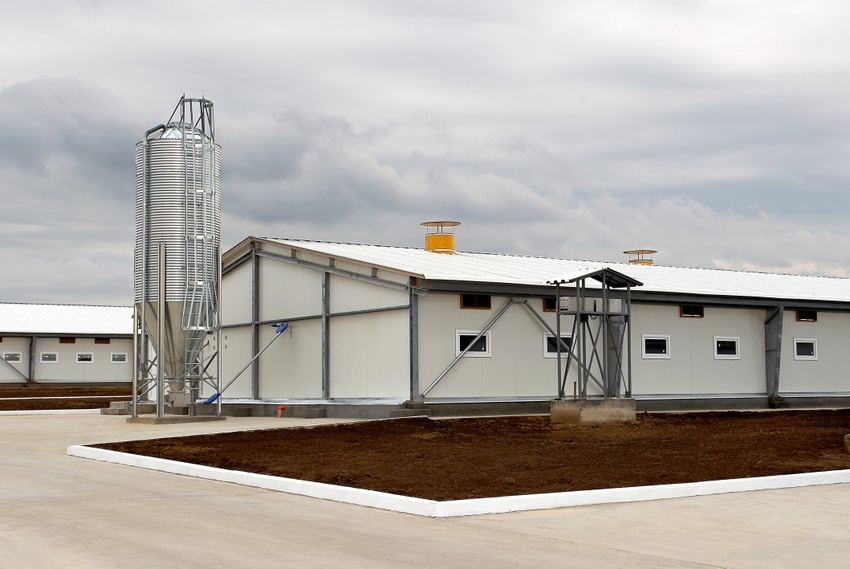DHS S&T, Pork Board collaborate against ASF
Project to investigate disinfection, decontamination methods for surfaces commonly found in swine production facilities.
November 13, 2019

The U.S. Department of Homeland Security (DHS) Science & Technology Directorate (S&T) and the National Pork Board announced Nov. 13 that they have entered into a collaborative agreement to assess potential methods to disinfect and decontaminate surfaces from African swine fever (ASF) virus.
As a proactive measure to address the spread of ASF virus occurring in other parts of the world, scientists at the S&T Plum Island Animal Disease Center (PIADC) will evaluate commercial disinfectants and methods to decontaminate porous and non-porous surfaces typically associated with swine production facilities, the S&T announcement said.
The research will be conducted through a funded cooperative research and development agreement between S&T PIADC and the National Pork Board.
“This important work with the National Pork Board will enhance our resilience against the threat of ASF virus,” S&T PIADC laboratory director Dr. Larry Barrett said.
The funded agreement with the National Pork Board allows DHS to leverage an important cooperative partnership to execute its mission effectively, the announcement said. ASF is a high-threat transboundary animal disease that is often fatal if contracted by pigs but poses no threat to human health. Domesticated pigs, feral pigs, pork products and animal feed can spread the disease, S&T said, and ASF poses the greatest threat to America’s swine industry, which is currently free of the disease. The U.S. is the largest pork exporter in the world, with more than 115 million domestic hogs valued at $24 billion going to market yearly.
“An outbreak of ASF — and a failure to plan for or manage its spread — would eliminate the domestic pork export market. There is currently no vaccine to protect swine in the event of an ASF outbreak. However, at PIADC, we have established an interagency ASF Task Force with DHS S&T, [the U.S. Department of Agriculture's] Agricultural Research Service and USDA Animal & Plant Health Inspection Service, to develop vaccines, improved diagnostic tests and disinfectant testing for this emerging disease threat,” S&T PIADC science director Dr. John Neilan said.
S&T pointed to the potential that ASF could be introduced into the U.S. from imported pork products and animal feed or by international travelers who illegally bring in contaminated pork products from infected countries.
“America’s pig farmers continue to invest in seeking ways to keep ASF and other foreign animal diseases out of this country by partnering with groups such as those at Plum Island,” said Dave Pyburn, senior vice president of science and technology at the National Pork Board. “We’re committed to doing what’s needed to keep our nation’s pig herd protected and our industry safe from this global threat.”
The cooperative research and development agreement with the National Pork Board is a byproduct of the ASF Task Force’s work at PIADC and efforts to coalesce expertise, resources and capabilities around mitigating the threat posed by accidental or intentional introduction of ASF domestically.
You May Also Like



